If you're currently expecting or you've been pregnant in the past, you'll know that hormones are responsible for all sorts of changes in your body. Hormones can affect you both mentally and physically but they are vital to your bodies and your baby's development.
Hormones can cause mood swings, headaches, make you feel sad or depressed as well as disrupting your digestion. They can even change your body odour which your dog may pick up on.
On the positive side, hormones can also boost your energy and mood or even give you that envious pregnancy glow! They also play in a key role during labour at relieving pain and helping your baby make that important journey into the world!
Although hormones are an important part of pregnancy, because you can't see them sometimes they feel mysterious and difficult to understand. To feel better in tune with your body and understand those key processes that are going on behind the scenes, take a look with us all the miraculous hormones of pregnancy and their functions.
Pregnancy hormones:
pregnancy hormones
 1 of 10
1 of 101) Follicle-Stimulating Hormone (FSH) and Luteinising Hormone (LH)
These two hormones launch pregnancy and they are the first of many to cascade your body during this time. Both are present prior to conception and are at their most active during ovulation.
FSH stimulates the growth of ovarian follicles before the release of an egg and LH regulates oestrogen and works with FSH to control the menstrual cycle. LH also encourages the production of progesterone in the corpus luteum which is needed in pregnancy if fertilisation occurs. Both hormones remain inactive during the pregnancy.
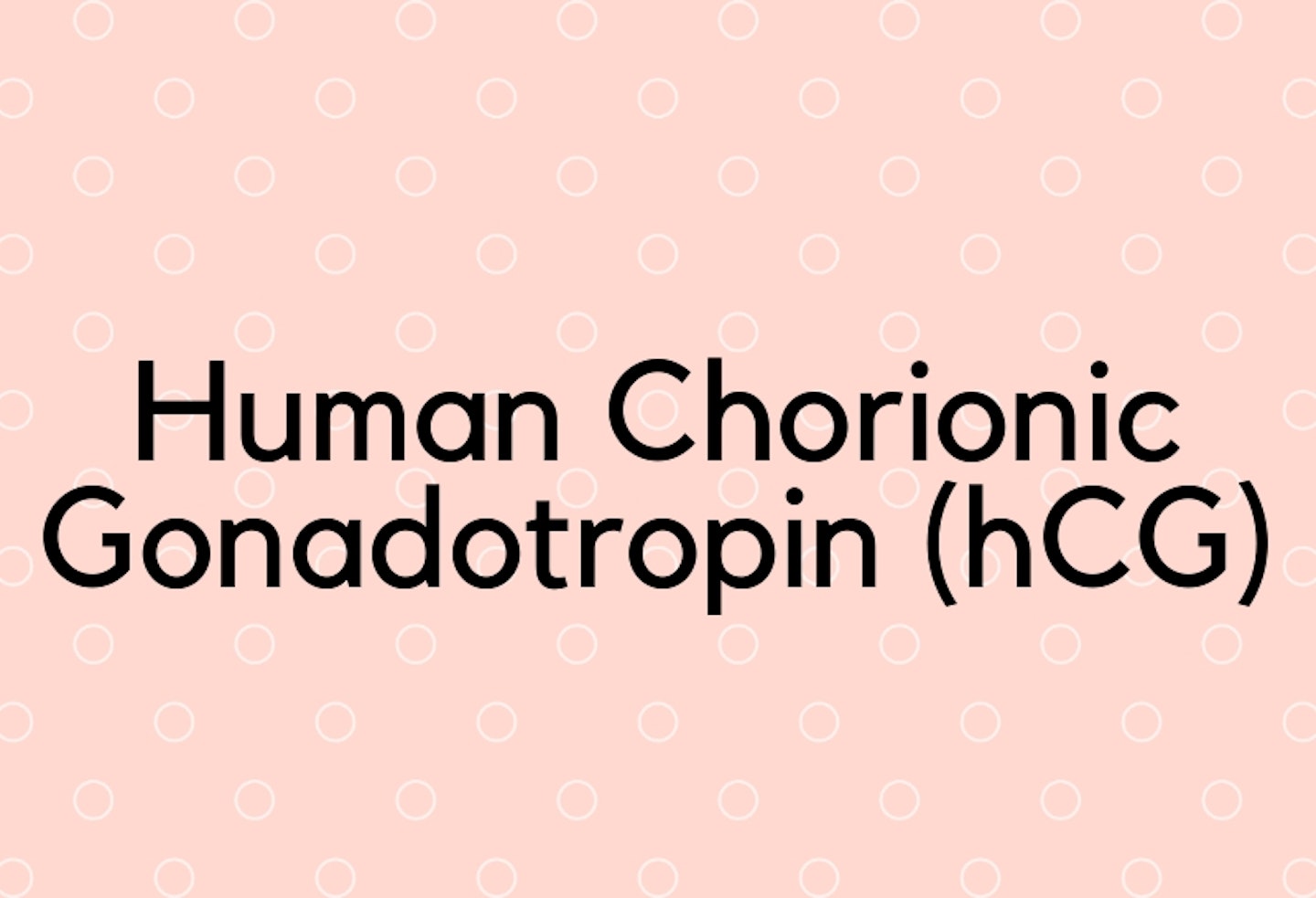 2 of 10
2 of 102) Human Chorionic Gonadotropin (hCG)
Human Chorionic Gonadotropin (hCG) is often known as the pregnancy hormone. After conception, the placenta begins to develop and this produces the hormone hCG. The hormone does already exist in the body before pregnancy but at very low levels.
HCG is often the first key hormone we come across in pregnancy as it is traditionally the way we discover our pregnancy. HCG circulates the body and is discarded in the urine which is why pregnancy tests detect levels of hCG in the urine to determine a positive or negative result.
During the first stages of pregnancy, hCG levels double every 72 hours. The level then reaches it peak at around 8-11 weeks of pregnancy and begins to decline and level out for the rest of the pregnancy. HCG also ups the production of oestrogen and progesterone which are vital to pregnancy.
HCG signals to the body that there is a life form growing and that the body has to make room for it. HCG is also involved in the ovaries shutting off the monthly production of eggs. HCG is often blamed for morning sickness and nausea as it is at such high levels when morning sickness occurs during the first trimester. However, doctors are still unsure what causes this pesky pregnancy symptom.
The amount of hCG in a pregnant woman’s blood can indicate information about the health of the baby. HCG levels can indicate multiple pregnancies, miscalculation of gestation (check out our due date calculator), miscarriage/risk of miscarriage, ectopic pregnancy or problems with the babies development.
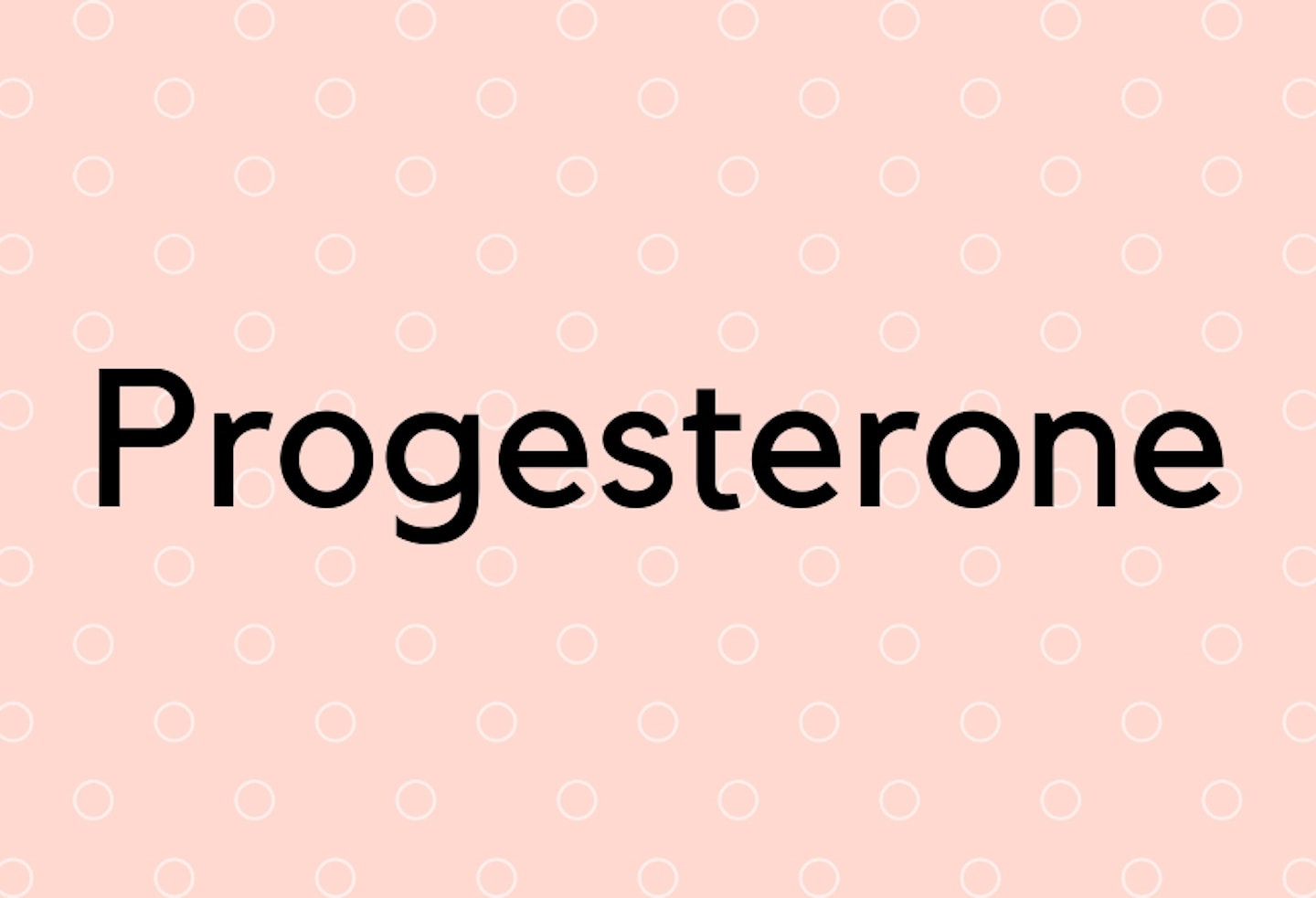 3 of 10
3 of 103) Progesterone
Progesterone is first produced in pregnancy by the corpus luteum which is a cyst on the ovary. This produces progesterone until about 10 weeks pregnant, where the placenta then takes over. Progesterone levels rise throughout the first trimester and then plateau.
Progesterone is is essential for the maintenance of pregnancy in every species according to the New York Academy of Sciences. The hormone is found in the female body at all times and it plays a key role before and after conception. Progesterone is often prescribed alongside fertility treatment and in-vitro fertilisation as the medication during these procedures can suppress the bodies ability to produce the hormone.
After ovulation, progesterone is produced by the ovaries to thicken the uterine lining to create the ideal environment for a fertilised egg (Healthline). Throughout pregnancy, progesterone maintains a healthy pregnancy by increasing blood flow to the womb, stimulating glands that produce nutrients for the embryo and helping establish the placenta.
During pregnancy, progesterone helps to relax the uterus, but it also relaxes smooth muscle and blood vessels throughout the body. The relaxation of blood vessels can cause low blood pressure, dizziness, heartburn, indigestion, constipation, gas, nausea and the list goes on…Progesterone is also known to increase hair growth which is good for a glossy mane but not so much fun when you have a fuzzy tummy or legs and armpits that need constant shaving.
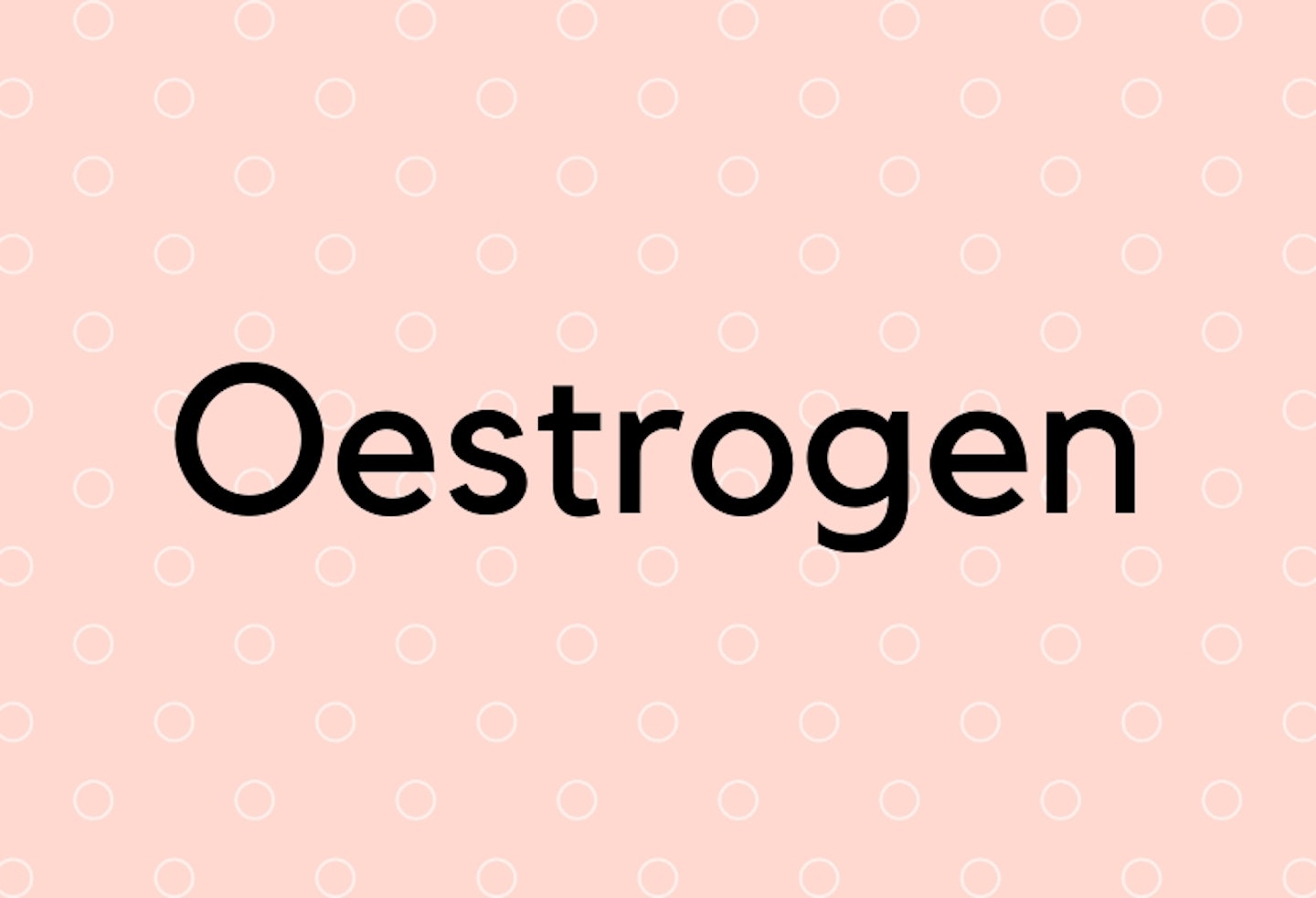 4 of 10
4 of 104) Oestrogen
Like progesterone, oestrogen is secreted by the corpus luteum until the placenta is fully formed and takes over production. Several of the fetus’ organs and bodily systems are triggered into development by oestrogen. Oestrogen also regulates bone density in the developing arms and legs.
During pregnancy, oestrogen controls hormone production, stimulates growth and function of the placenta, encourages the growth of the adrenal gland and promotes the growth of breast tissue (when do they stop growing?!) in preparation for lactation.
Oestrogen levels can cause prominent veins, sickness/nausea, increased appetite, water retention and changes in your skin (anything from acne to pregnancy glow depending on how lucky you are!).
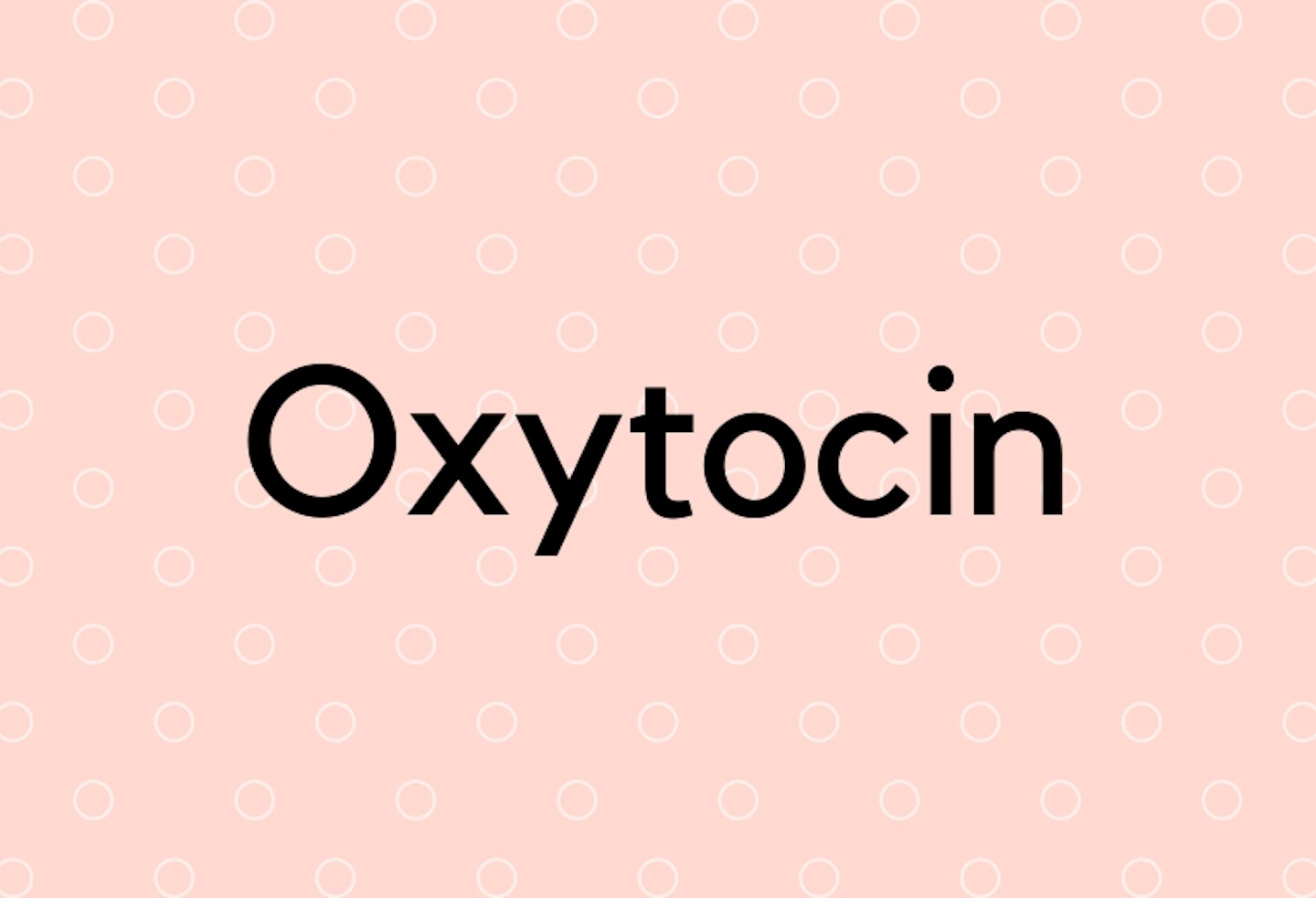 5 of 10
5 of 105) Oxytocin
Oxytocin is often known generally as the ‘love’ or ‘cuddle’ hormone as women release it during sex. Men release dopamine, the pleasure hormone instead which is often the scientific reason behind why women are presumed to be more connected to sexual partners than men. The bonding feeling women might feel after sex also occurs between mother and child during pregnancy and labour.
Oxytocin levels rise at the start of labour, triggering contractions of the womb and abdominals. Oxytocin and oestrogen release a group of hormones called prostaglandins which ripen the cervix to help dilate it during labour.
Synthetic oxytocin is often used to enhance contractions in labour, if they have slowed down or you are beinginduced.
Oxytocin also plays a key role after birth because it contracts the womb to restrict blood flood to reduce the risk of heavy bleeding when the placenta is delivered, the synthetic version can enhance this effect for women who are bleeding heavily.
Oxytocin promotes bonding post-labour and skin-to-skin and eye contact stimulate its release to enhance this. Oxytocin, prolactin and endorphins are also the reason why some mothers might feel euphoric after labour.
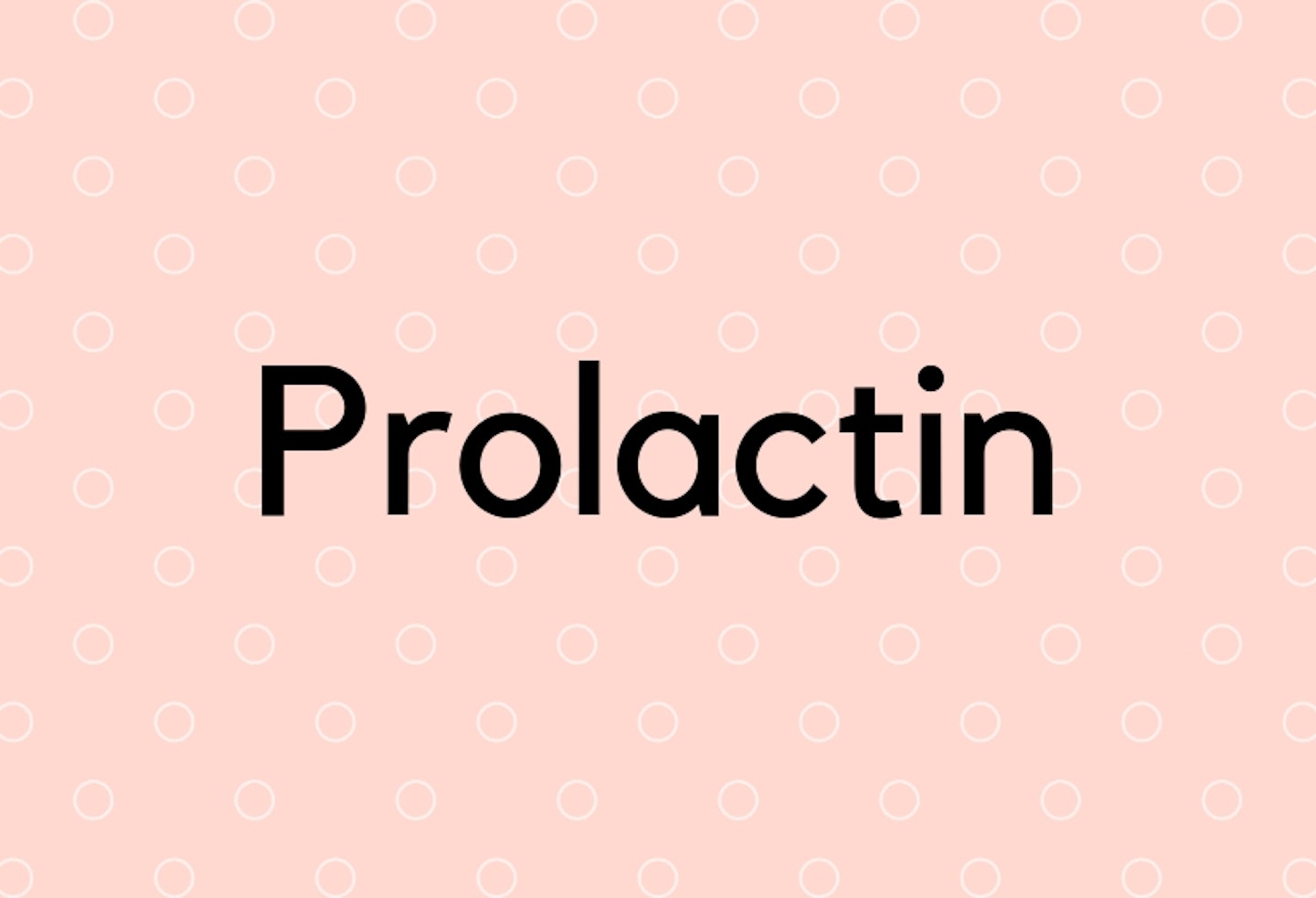 6 of 10
6 of 106) Prolactin
Prolactin is a hormone created in the pituitary gland, which is situated behind the bridge of your nose. It is also produced in the uterus, cells, brain, breasts AND skin! It is often known as the milk hormone as it promotes milk production during pregnancy and in response to suckling after birth.
Prolactin has a tranquillising effect which helps mothers deal with the early stages of breastfeeding. After birth oxytocin and prolactin are released and passed through the breast to stimulate milk production and delivery of milk to the nipple. Prolactin also works with oestrogen to inspire mothering and bonding instincts.
 7 of 10
7 of 107) Relaxin
As the name suggests, relaxin relaxes ligaments, joints and muscles during pregnancy and labour. Relaxin exists in the body at all times but during pregnancy, it is 10 times the normal amount.
Relaxin is at its highest during the first trimester as it promotes implantation and the growth of the placenta. It also inhibits contractions to prevent premature childbirth. Relaxin also has the power to relax the blood vessels and increase blood flow to help regulate cardiovascular and renal systems.
During labour, relaxin relaxes the uterine muscle in preparation for delivery via the birth canal. It softens the cervix and mothers lower pelvic region during labour to make the baby’s arrival easier.
Relaxin can mean pregnant woman have aches and pains, inflammation or even feel clumsier due to ‘looser’ ligaments. Relaxin may also be responsible for the relaxation of muscles in the digestive tract, slowing down digestion and causing indigestion, gas or heartburn.
 8 of 10
8 of 108) Endorphins
During labour, as contractions become intense the body releases natural pain relievers (thank god!). These are known as endorphins or beta-endorphins and they work in a similar way to drugs like morphine as they affect the same brain receptors. Endorphins help mothers feel more alert during labour as well as creating feelings of happiness and euphoria.
You might think that if you combine the pain relief provided at the hospital and these natural pain-fighting hormones that you will feel invisible and pain-free. Sadly research has shown that endorphin levels drop if an epidural or other pain medication is used during pregnancy.
Endorphins and other hormones help to strengthen the mother-child bond post-partum. However. A drop in these after a few days often contributes to ‘baby blues’ or in more severe cases post-partum depression.
 9 of 10
9 of 109) Human Placental lactogen (HPL)
Human placental lactogen (HPL) along with prolactin and oestrogen prepares your breasts for feeding. It is produced by the placenta and it promotes the growth of the mammary glands. It also adjusts the metabolism and inhibits insulin from getting glucose into the mother’s cells so that there is more bloodstream glucose for the baby.
Excessive blocking or inhibition of insulin can result in gestational diabetes.
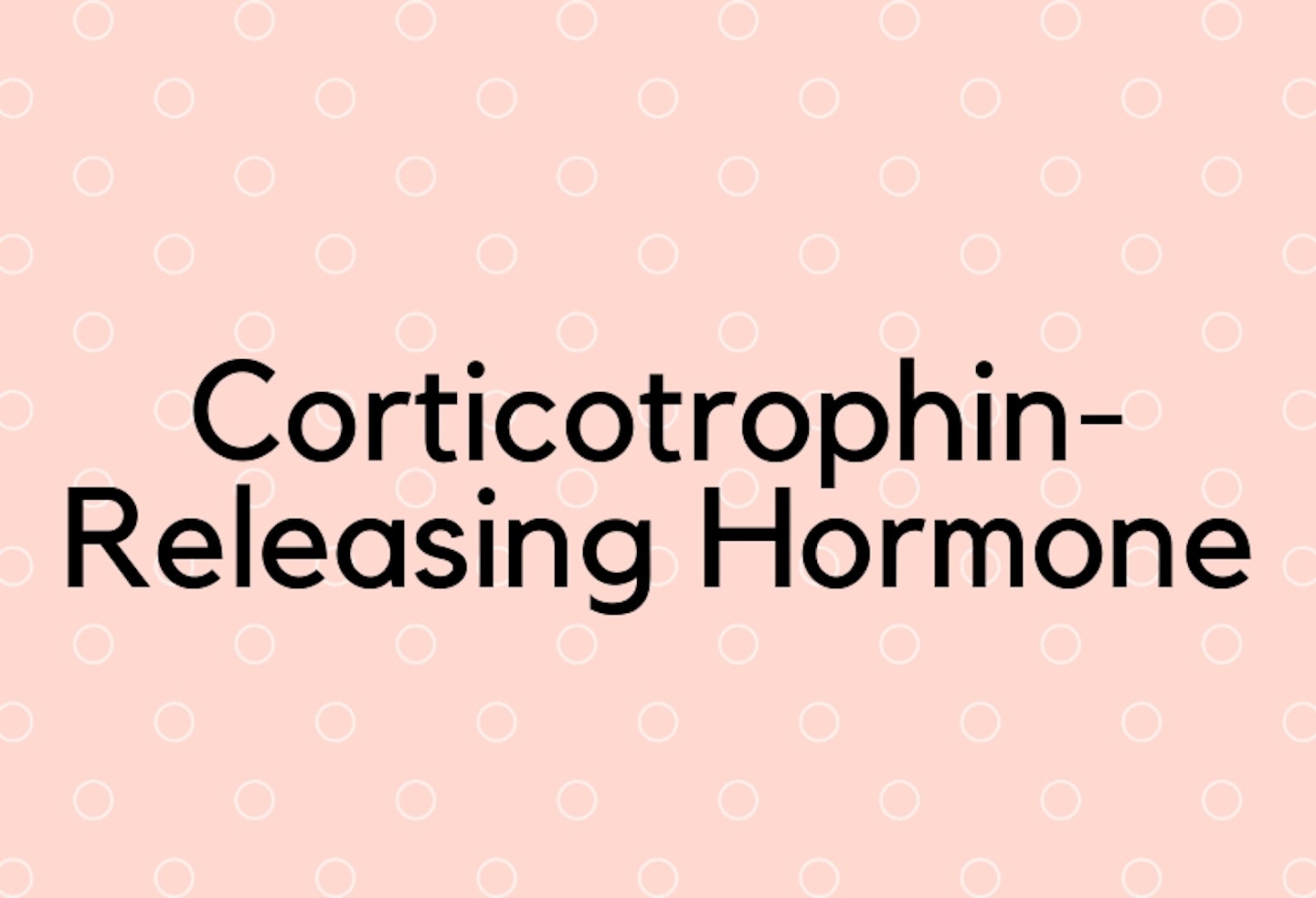 10 of 10
10 of 1010) Corticotrophin-Releasing Hormone
This hormone is thought to control and regulate the duration of pregnancy and the maturing of the fetus. When pregnant women become stressed, the placenta increases production of the corticotrophin-releasing hormone as it suppresses the mother’s immune system and prevents it from attacking the fetus which is essentially a foreign body.
Nearer the end of pregnancy, its levels climb along with a spike in cortisol levels. This increase helps the fetal organs develop fully before labour and may be what influences the timing of birth.
This article was checked and verified by Dr Helena Watson on 29/07/19
Meet the expert: Dr Helena Watson is an obstetrics and gynaecology registrar in South London, working on the labour ward, at antenatal clinics and within gynaecology services. She is also currently undertaking a PhD in Women’s Health Research at King’s College London, and is involved in projects such as Cotfinder and QUiPP.
How did hormones affect you during pregnancy? Let us know on Facebook or Twitter!
Have approx 60 seconds to spare? Why not join thousands of mums-to-be and start your very own Amazon baby wish list! They're absolutely free to create and perfect to send to the friends, aunties and your mum to make sure you're getting the baby products you really need...Click here!
